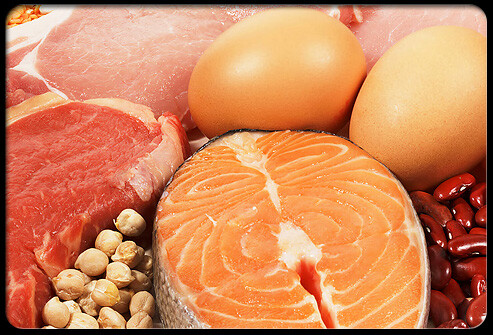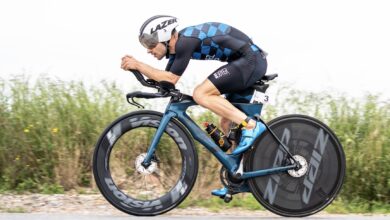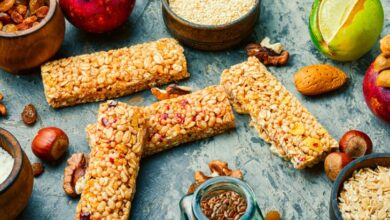Excess of protein in our diet?

Sandra Sardina, espcialista en sport Nutrition and collaborator of Triathlon News tells us today the importance of not consuming too much protein in our diet.
It is common for me to observe an excessive consumption of protein in triathletes, some invest a lot of money in protein shakes, protein bars, and other amino acid supplements (BCAA's, glutamines, alanine, creatine ...) believing that they need large amounts of protein, to use them as energy, increase muscle mass or recover more easily.
Proteins are very important from the nutritional point of view, since they are a source of nitrogen to the organism. They are constituted by amino acids, these amino acids are used by the body to:
- Synthesize (create) own proteins with plastic or structural functions.
- Sintering enzymes and hormones with regulatory function
- Synthesize antibodies with immune function
- As an energy source (4kcal / g), in reality most of the fuels used to provide energy in sports are carbohydrates (4kcal / g) and lipids (9kca / g).
Even being essential for life, it is important control excess protein This can cause health problems in the medium to long term. Proteins are not only found in animal products such as meat, fish, eggs or dairy, we also find it in vegetable products such as cereals, legumes or nuts, therefore it is relatively easy to reach the protein recommendation.
Some athletes need more protein than inactive people, this need (1.2 to 1.6 g / kg of body weight), which is more than the recommended daily dose, in almost all cases, can be covered with a balanced diet, including daily proteins of high biological value (animal origin).
That is, an athlete of about 80g of body weight will have to ingest an average of 120g of protein, of which the 60% should be of high biological value (animal) and the 40% of low biological value (vegetable).
Sandra Sardina.
There are no previous results.




























